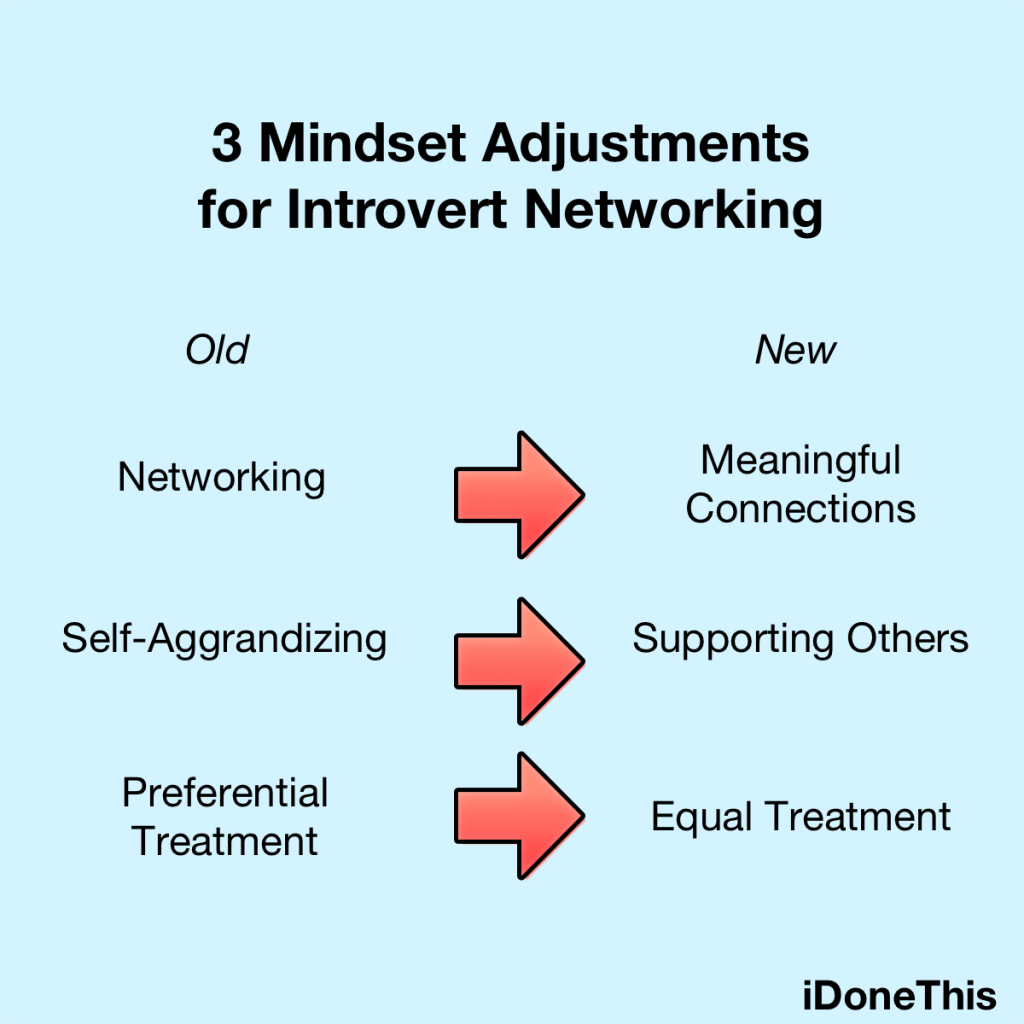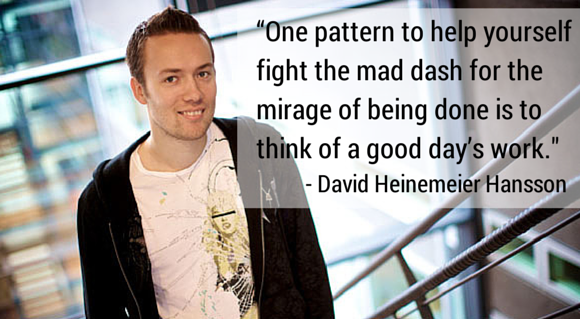I’ve never been good at networking. I’m usually standing in the corner talking with a friend at parties, if I’m at a party at all. I get worn out from being around people and need my alone time to recharge.
There’s a certain efficiency in the glad-handing ways of a freshly-minted MBA because knowing the right people is in large part a numbers game. But to an introvert relating to people in that way isn’t just uncomfortable, it seems morally repugnant. The introvert aspires to treat people as ends themselves and not as a means to feed the ego or further our careers.
The problem is that not networking, bluntly, means stunting your career and financial prospects. Not networking may sound noble to you, but all that it amounts to is a litany of missed opportunities.
Not to worry, networking doesn’t mean changing who you are, 95% of it is in your mindset and approach to it. Here are 3 practical mindsets that’ll empower you not just to network, but to make you successful at it.











